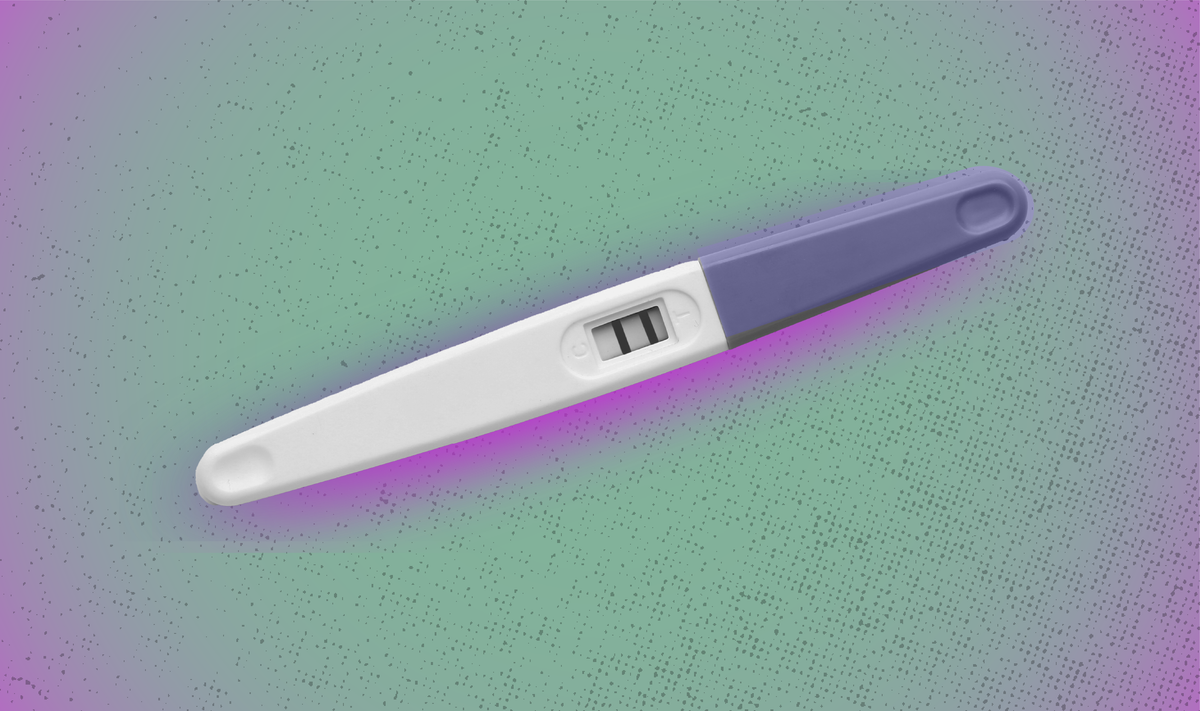More Planned Parenthood closures receive mixed reactions online
Plus, social media users discussed laws impacting minors seeking abortions and debated a survey about support for legalizing abortion.

Plus, social media users discussed laws impacting minors seeking abortions and debated a survey about support for legalizing abortion.
Last week, some Planned Parenthood health centers in Texas and California closed, sparking concern about reproductive health care access. Other discussions highlighted legal decisions in Tennessee and Nevada impacting minors seeking abortions and a new survey that found that most U.S. adults think abortion should be legal in all or most cases.
In response, communicators may direct people to low-cost reproductive health care services and share information about local abortion laws.

Insights brought to you by the reporters and science writers of Public Good News (PGN), a nonprofit newsroom dedicated to improving community health.
What’s trending nationally in conversations about reproductive health:
Last week, social media posts across platforms discussed the closures of some Planned Parenthood health centers in California and Texas. One X post celebrating the closure of an East Texas Planned Parenthood received approximately 5.5 million views, 17,000 likes, 1,600 reposts, and 1,800 comments as of July 29. Some commenters suggested that this will lead to fewer abortions (in Texas, abortion is banned, except when the pregnant person’s life or health is at risk). Others correctly noted that Planned Parenthood health centers provide cancer screenings, birth control, testing for sexually transmitted infections, prenatal care, and other services and expressed concern that people may struggle to access those services now.
On July 18, a federal judge ruled that a Tennessee law making it illegal for adults to provide minors with information about how to get an abortion out of state violates the First Amendment, blocking the provision. On July 22, a federal judge lifted a block on a 1985 Nevada law, making minors now required to notify their parents or guardians before having an abortion. In response, Planned Parenthood filed a lawsuit against Nevada to stop the law’s implementation. These events sparked debate across social media platforms about parents’ involvement in minors’ reproductive health care. Some social media users argued that parents and guardians have a right to know if a minor in their care is seeking an abortion. Others said that the law creates a “dangerous” barrier to reproductive health care.
A new survey from The Associated Press-NORC Center for Public Affairs Research found that about two-thirds of U.S. adults think abortion should be legal in all or most cases. In response, some social media users expressed skepticism that support for abortions is high. Others debated whether abortion should be federally legal or left up to states.

Recommendations brought to you by the health communication experts behind Infodemiology.com.
Recommendations for public health professionals
Each week, the Infodemiology.com team will provide messaging recommendations in response to some of the trending narratives outlined above. These helpful tips can be used when creating content, updating web and FAQ pages, and developing strategy for messaging about reproductive health.
Given persistent concerns about the impact of Planned Parenthood closures and changing Medicaid coverage, communicators may continue sharing information about local health centers that offer low-cost cancer screenings, birth control, STI testing and treatment, prenatal care, emergency contraception, and other forms of reproductive health care. Messaging may also include information about at-home STI testing and services that offer birth control and abortion pills through the mail.
As abortion legislation continues to evolve, communicators may ensure that all materials outlining local abortion laws are up to date. This is especially critical for communicators in Tennessee and Nevada, where recent court cases have impacted abortion access for minors. Messaging may also direct people to the Repro Legal Helpline, a free resource that connects people with lawyers who can answer questions about miscarriage, abortion, and birth. Sharing resources like AbortionFinder.org, which helps people find reputable abortion providers, and Plan C, which offers information about accessing abortion pills in every state, is also recommended.
